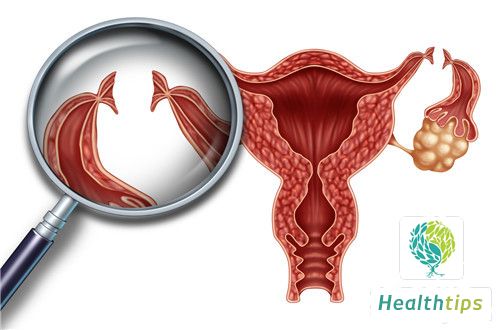Until What Age Is It Most Appropriate for Kids to Drink Milk?
After weaning, children need to eat milk powder as a substitute, which can provide the necessary nutrients for their bodies. However, as children grow up, the nutrition provided by milk powder cannot fully meet their needs. In this case, they cannot continue to eat milk powder, but should choose other feeding methods as alternatives. Generally, it is most appropriate for children to drink milk until they are three years old.

Babies should continue to drink milk powder until they are 3 years old. Although babies start to add complementary foods after 6 months, their diets are not regular, so milk powder should still be their main source of nutrition. If the baby's milk powder is discontinued prematurely, it may lead to a lack of essential nutrients such as protein and trace elements. Therefore, mothers must be careful not to discontinue milk powder too early.
It is not recommended for babies to drink plain milk before they are 2 years old. Since babies are accustomed to breast milk and milk powder, their digestive ability is not yet strong, and drinking plain milk may cause indigestion. Therefore, it is better for babies to continue drinking milk powder until they are 2 years old. After that, when introducing plain milk, it is recommended to choose low-fat or skimmed milk. Milk can provide babies with more protein and calcium, which is also beneficial for their development.
Many mothers worry that eating meat may be harmful to babies who are too young, but in fact, appropriate supplementation of meat nutrients is also necessary for babies. The first three years of a baby's life are a critical period for brain development, and meat can enhance their intellectual development. Babies can gradually start eating meat after 7 months of age, but mothers should be careful to control the amount of meat consumed daily to avoid overeating. After one year, babies can be encouraged to try a variety of meats.
As babies grow and develop, mothers can introduce them to a variety of foods. Generally, babies can start to have complementary foods after 6 months of age. Allowing babies to try foods with different flavors can help cultivate their eating habits and provide them with more nutrients. Many mothers have experienced chasing their babies to eat, so to avoid this, it is important to cultivate babies' interest in trying different flavors. Although babies may initially refuse to try new foods, mothers should be patient and gradually help them get accustomed to a wider range of dietary options.



















